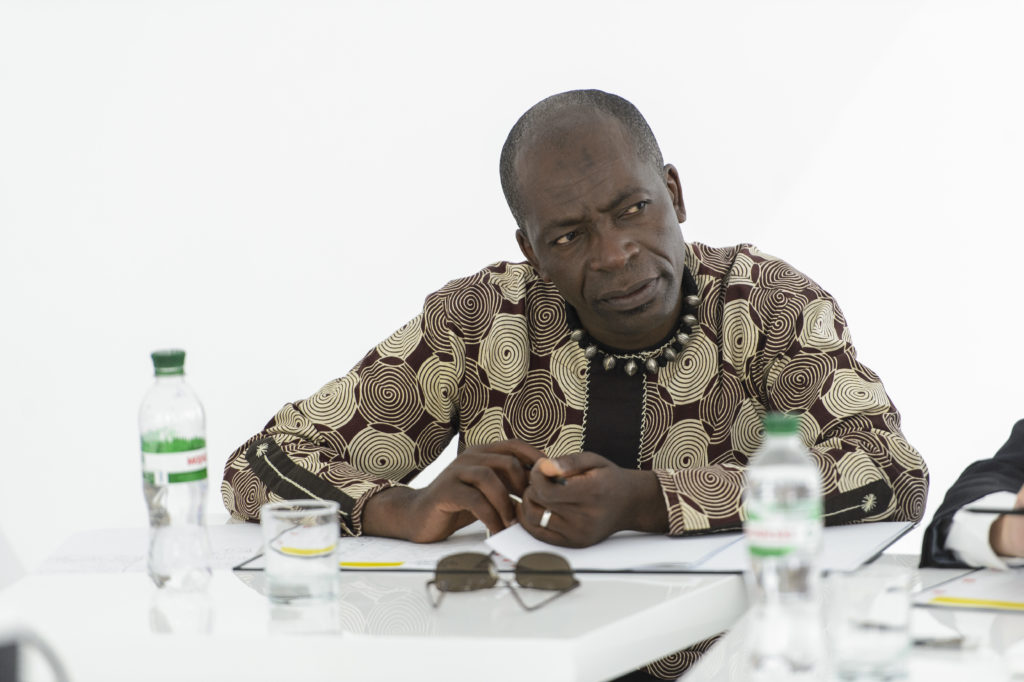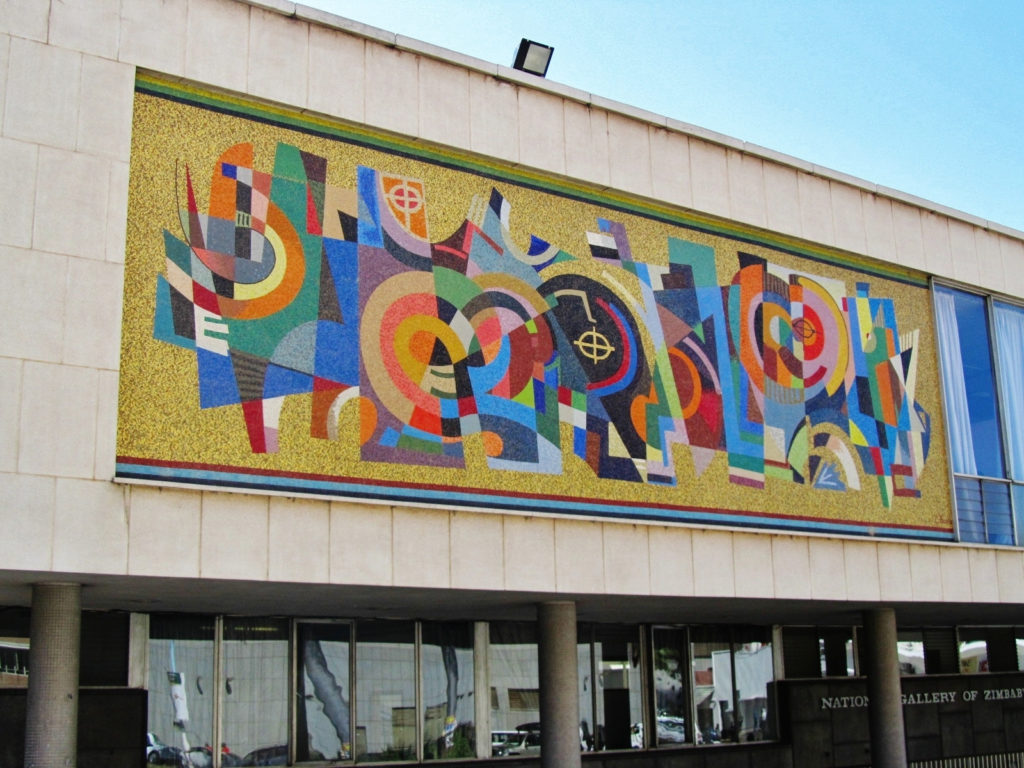Art World
55 Years Ago, Leading Art Historians Flocked to Zimbabwe for a Landmark Conference. Now, It’s Getting a Sequel.
The second edition of ICAC will take place in Harare, Zimbabwe, and is organized under the theme "Mapping the Future."

The second edition of ICAC will take place in Harare, Zimbabwe, and is organized under the theme "Mapping the Future."

Sara Roffino

As the market for contemporary African art continues to grow apace, the National Gallery of Zimbabwe (NGZ) is bringing together more than 200 artists, curators, gallerists, academics, and affiliated figures from throughout the world for the second iteration of the International Conference on African Cultures (ICAC). Taking place in the country’s capital of Harare, the conference runs September 11–13, and is billed as part of a Southern Africa art tour—sandwiched between the Johannesburg Art Fair and the opening of the Zeitz Museum of Contemporary African Art (MOCAA) in Cape Town.
The ICAC takes up a torch briefly lit in 1962, when the country hosted the first edition of the conference, drawing international figures including Alfred Barr, then director of New York’s Museum of Modern Art; Dadist Tristan Tzara; and Roland Penrose, co-founder of London’s Institute of Contemporary Arts to participate in the first-ever international forum on African art in the region.

Raphael Chikukwa, chief curator at the National Gallery of Zimbabwe. Photo: Sergey Illin, courtesy of the PinchukArtCentre © 2014.
Organized by Frank McEwen, British art historian and founding director of NGZ, the original conference was supposed to be the first of many. But, as NGZ chief curator and 2017 conference organizer Raphael Chikukwa told artnet News, “That was [during] the peak of the nationalist uprising and the revolution in the country.” Following years of conflict, the country achieved independence from Britain in 1980. ICAC never resurfaced during this period, but its vision continued abroad. “You might say that what happened in Zimbabwe inspired the World Festival of Negro Arts that happened in Senegal in 1966, as well as the first Triennial Symposium of African Art in Virginia in 1968,” Chikukwa explained.

The National Gallery of Zimbabwe in Harare. Image courtesy of the National Gallery of Zimbabwe.
The theme of this year’s conference is “Mapping the Future,” and in addition to hosting an array of panel discussions, ICAC will feature an exhibitions program, Harare’s inaugural Art Week (a showcase of the top galleries and art spaces in the city), and a group visit to the 11th-century Shona ruins known as the Great Zimbabwe. “Our push for this conference is to help the corporations of Zimbabwe to understand the role that culture plays in a society,” says Chikukwa. “We want them to see that people coming from abroad to see the culture of Zimbabwe brings something to the table for everyone.”
Panel topics range from market sustainability and new media conservation to issues of migration, urbanism, and repatriation. Participants include Bisi Silva, curator and founder of the Center for Contemporary Art in Lagos; eminent scholar Molefi Kete Asante; and contemporary artist Dineo Seshee Bopape, among many others.
ICAC 2017 takes place in Harare, Zimbabwe September 11–13, 2017.